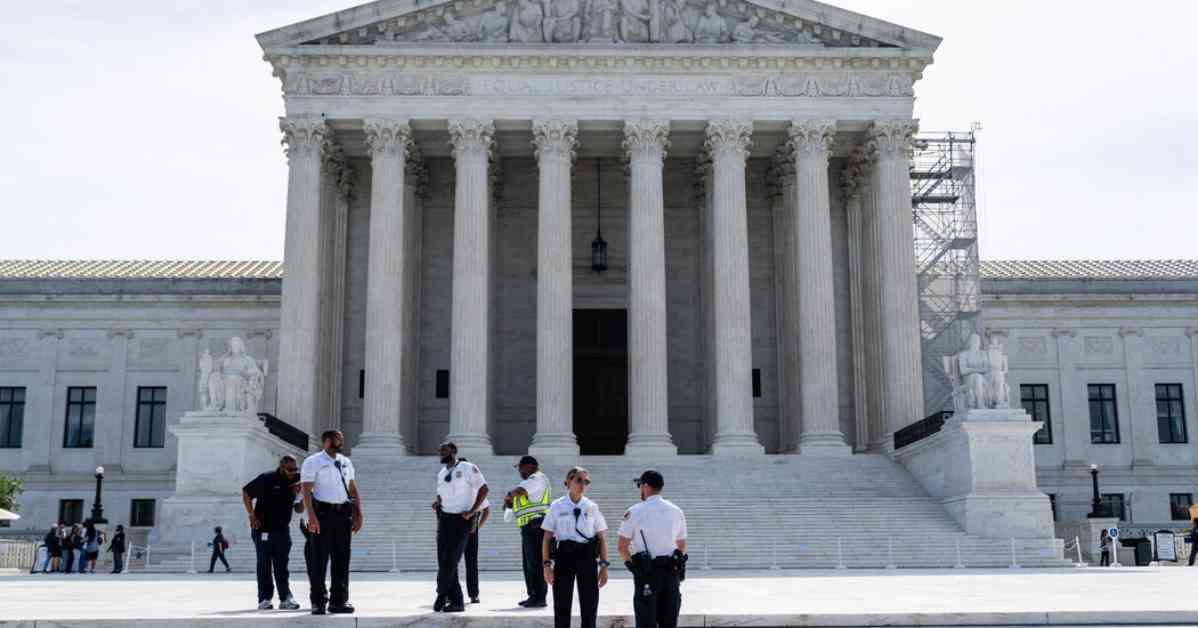The recent abortion rulings by the Supreme Court have left many wondering about the impact on future restrictions. While on the surface it may seem like a win for abortion rights, the decisions made by the court appear to be more about avoidance and delay rather than a definitive stance.
In one recent ruling, the court unanimously allowed an abortion pill to remain widely available. Another case regarding Idaho’s strict abortion ban was dismissed, effectively allowing emergency rooms in the state to perform the procedure in cases where the patient’s health is at risk. However, these rulings were seen as temporary and technical in nature, raising concerns that they may pave the way for more restrictions in the future.
Some supporters of abortion rights viewed these rulings as Pyrrhic victories, fearing that they could set the stage for further limitations, whether through court decisions or potential future administrations. The 2022 decision in Dobbs v. Jackson Women’s Health Organization, which overturned Roe v. Wade, indicated the Supreme Court’s desire to step away from the abortion debate and leave regulation up to elected representatives.
While the majority of the court seemed to favor a strategy of avoidance, some, like Justice Samuel A. Alito Jr., expressed regret over the lack of definitive action. Justice Alito noted that the court appeared to have lost the will to address emotionally charged and politicized issues, calling it “regrettable.”
Legal experts, such as Mary Ziegler from the University of California, Davis, believe that the court’s evasion tactics are not sustainable in the long run. The desire to steer clear of controversy and delay decisions may only work for so long before more decisive action is needed.
As we await further developments and decisions from the Supreme Court on abortion rights, it remains to be seen how these recent rulings will shape the future landscape of abortion restrictions in the United States. The implications of these decisions could have far-reaching effects on women’s access to reproductive healthcare and the ongoing debate over abortion laws.


















